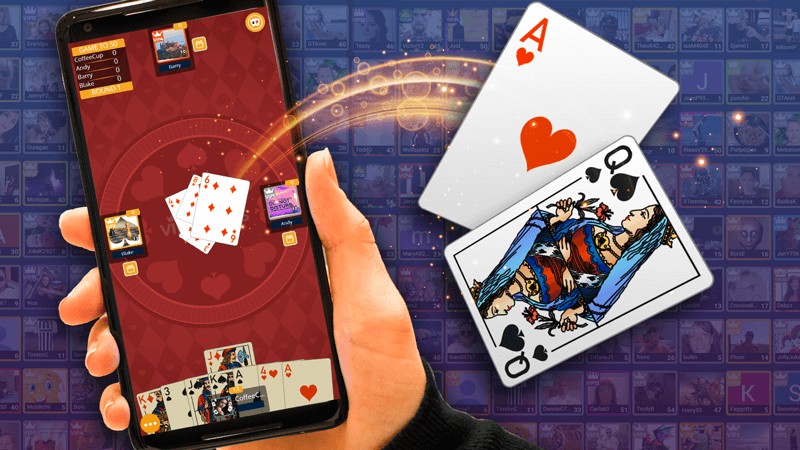
The Evolution and Impact of Online Games: A Digital Phenomenon
The world of gaming has evolved dramatically over the past few decades, transitioning from solitary experiences in front of a console to immersive, globally connected platforms. Online games, once a niche corner of the digital landscape, have blossomed into a cultural and economic force that continues to reshape entertainment, communication, and even education Megaxwin. This article delves into the various facets of online games, examining their history, diverse genres, social impact, and future potential.
The Rise of Online Gaming: A Brief History
Online games trace their origins back to the early 1990s, when dial-up internet and simple multiplayer games like MUDs (Multi-User Dungeons) captured the imaginations of tech enthusiasts. These text-based adventures allowed players to interact with one another in virtual worlds, laying the groundwork for the expansive online universes we see today.
As technology advanced, the introduction of broadband internet in the early 2000s enabled larger multiplayer experiences with games like Quake and EverQuest. These titles marked the birth of Massively Multiplayer Online (MMO) games, creating virtual spaces where thousands of players could coexist and collaborate in real time.
The explosion of online gaming really took off with the advent of titles like World of Warcraft (2004) and League of Legends (2009), which introduced millions to the world of online multiplayer gaming. These games established communities where players could forge friendships, alliances, and even rivalries, transcending the boundaries of location.
Diverse Genres: A World of Possibilities
Online gaming is an umbrella term that encompasses a wide array of genres, catering to different tastes and play styles.
- MMORPGs (Massively Multiplayer Online Role-Playing Games): These games, like World of Warcraft and Final Fantasy XIV, immerse players in fantasy worlds where they take on the roles of adventurers, engaging in quests, battles, and social interactions. MMORPGs are known for their expansive, persistent worlds that evolve over time based on player actions.
- Battle Royale: Games like Fortnite and Apex Legends popularized the battle royale genre, where players or teams compete to be the last ones standing on an ever-shrinking map. This genre’s intense competitive nature and dynamic gameplay have made it a global sensation.
- MOBA (Multiplayer Online Battle Arena): League of Legends and Dota 2 exemplify this genre, where teams of players work together to destroy the opposing team’s base. MOBAs are known for their strategic depth, requiring players to master a wide array of characters and tactics.
- Sandbox and Open World Games: Minecraft and Roblox allow players to create and explore vast worlds, offering freedom to build, design, and modify the environment as they see fit. These games provide an outlet for creativity while also fostering community-driven content.
- Shooter Games (FPS/TPS): First-person and third-person shooters like Call of Duty and Overwatch focus on combat mechanics, where players engage in team-based objectives or fast-paced deathmatches.
- Puzzle and Casual Games: Titles like Candy Crush or Among Us offer lighter, more accessible experiences that appeal to a broad audience. Casual games are especially popular on mobile platforms, allowing for quick, on-the-go play.
The Social Impact of Online Games
Online games are not just about entertainment; they have created vast social networks that transcend traditional boundaries. Whether through MMORPGs, cooperative shooters, or social platforms like Roblox, online games foster collaboration, teamwork, and communication among players. In many ways, they serve as modern digital communities where people can connect with others who share their interests.
In particular, games have been instrumental in building friendships that might not have formed otherwise. Online games allow people to bond over shared experiences, regardless of age, location, or background. Many players form long-term relationships with others across the globe, collaborating to achieve in-game goals and objectives.
The rise of voice chat and social media integration in online games has further amplified this communal aspect, making gaming an increasingly social experience. Discord, for instance, has become a hub for gamers, where they can chat, strategize, and share experiences beyond the game itself.